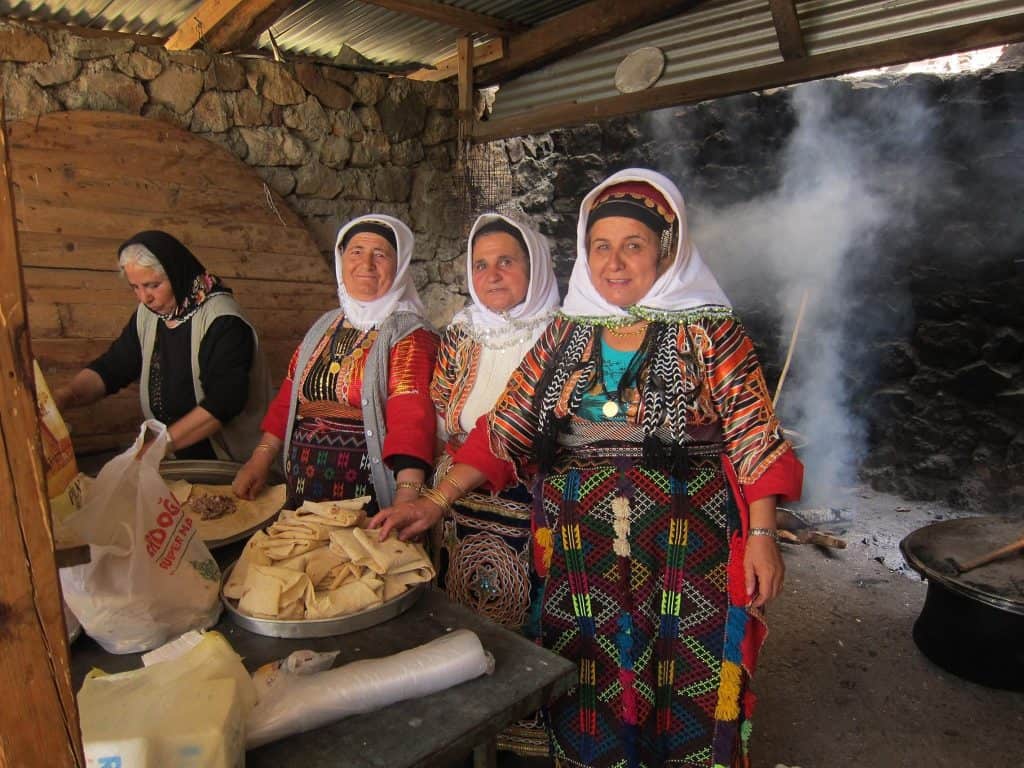Hasan grew up in a poor Alevi village in eastern Turkey, speaking Zaza as his native language. At primary school he learned Turkish, and eventually became a teacher. Now retired, Hasan worried to see his grown sons struggling with alcoholism, in the same way his brother had. He feared his family was cursed.
Searching for help, Hasan began watching Christian satellite TV and realized that Jesus might be the answer for his family. He read a Bible and became convinced of it. Hasan prayed to receive Christ, and then wrote to the TV station who sent someone to visit and pray with him for the rest of his family. There are roughly 20 million Anatolian Alevis, made up of three ethnolinguistic groups (Turkish, Kurdish, and Zaza). They originated in Central Asia among the Turkman and are the largest religious minority group in Turkey.
Alevis follow a mystic interpretation of Islam and are regarded as a sect. They do not fast during Ramadan but during the Ten Days of Muharram, when Shia Muslims commemorate Imam Hussein’s martyrdom. They do not prostrate themselves during prayer or meet in mosques but in smaller places of worship, called cemevis. They do not give alms like traditional Islam requires, but regard loving God and man as more important than Islamic law. Their theology and beliefs are not written down, they are passed through generations through poems and songs.
Alevis face prejudice and harassment, politically and socially in Turkey. They cannot be educated in their native Kurdish or Zaza, only in Turkish. In spite of this, Alevis value education, especially for their girls and women, and through hard work many go on to college.
How to Pray
- Pray for committed Christian workers, especially teachers, musicians, and business people to go to Alevi areas. (Romans 15:20)
- Pray that the hearts of Anatolian Alevis would be open to receive gospel seeds. (Matthew 13:1-9)
- For blessings on the small number of Alevi believers and for more Christian resources in their native languages. (2 Peter 1:3)


Get the Booklet
New and past editions of 30 Days of Prayer are available in our PDF store.